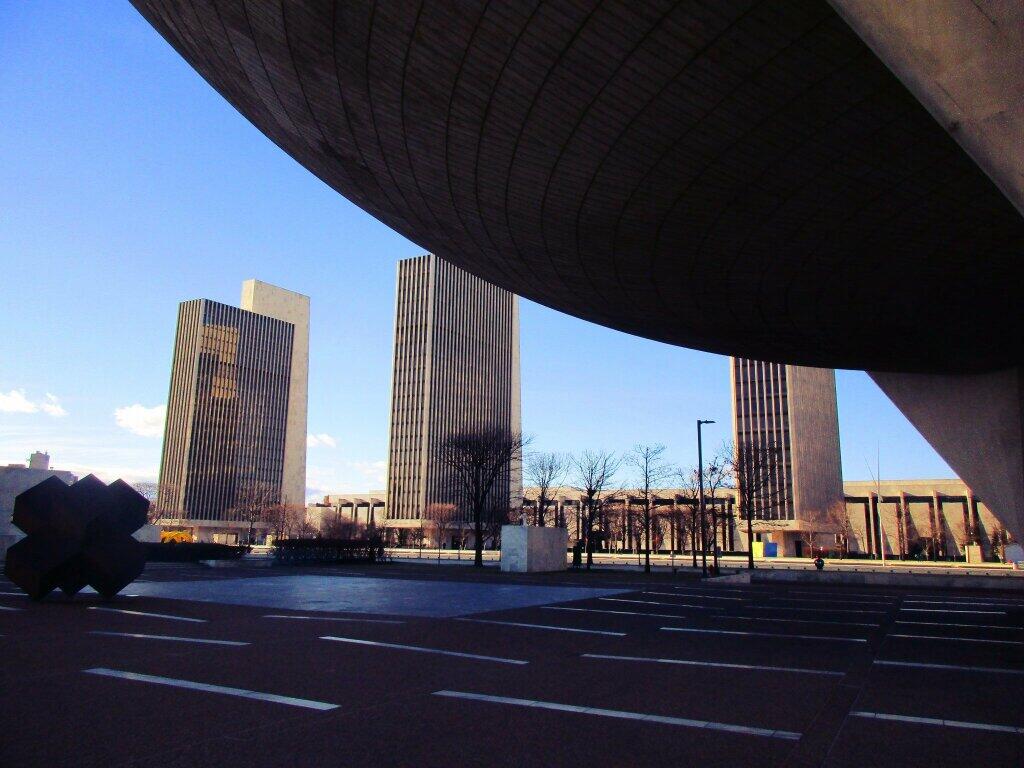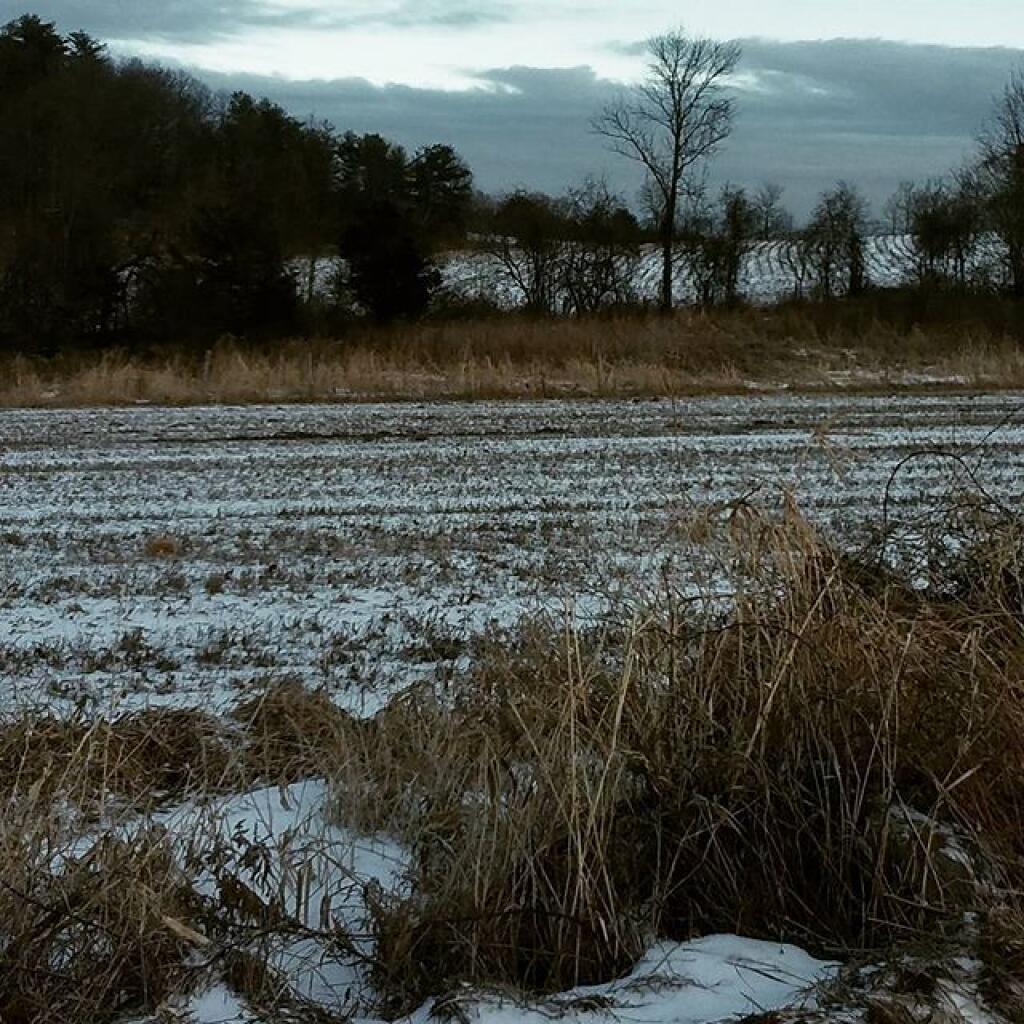Though plenty of vegetarian and vegan diets don’t include anything made to imitate meat, “meatless meat” and “plant-based protein” are nothing new. Ask anyone who’s ordered mock duck (aka seitan) in their pad Thai. Cartoonist Maki Naro outlined the history of mock meat for The Nib, from tofu in ancient China to the peanut-butter-and-seitan mix Protose, developed by John Harvey Kellogg (yes, the Kellogg of cereal-brand fame) in the early 1900s. But in the past few decades, as Naro points out, meatless meat has gotten a boost from “unabashed capitalists,” who sensed a growing interest in eating less meat and “flexitarian” diets and decided the existing beans and lentils and seitan weren’t enough.
Hence the rise of “plant-based meat substitutes,” which promise to mimic the texture, and even the bleeding, of “real” meat for those who can’t do without those specific oral sensations. In the public imagination, the term came to the forefront mostly where applied to fast-food patties, with Impossible Whoppers and Impossible White Castle sliders, Dunkin’ Beyond sausage breakfast sandwiches and KFC plant-based fried chicken. A decade ago, a meatless burger patty would have been advertised as “vegetarian” or “vegan” cuisine, but now, it’s all “plant-based.” And that has turned it into a phrase that means everything and nothing.
Usage of “plant-based” is now expanding from shorthand for “meat substitute” to refer to just about everything, including products that were already vegan or vegetarian (aka, made of plants) to begin with. Case in point: a PR email I got from Ancient Harvest about its line of “plant-based pasta.” Pasta is traditionally made from wheat flour. And in case you haven’t cast your gaze upon a golden field lately, wheat is a plant. All pasta is plant-based. The company specifies that its POW! Pasta brand is made from other plants — chickpeas and lentils — so that it is both gluten-free and full of protein. Which is great! But “plant-based” as a descriptor of ingredients doesn’t technically differentiate it from any other past

